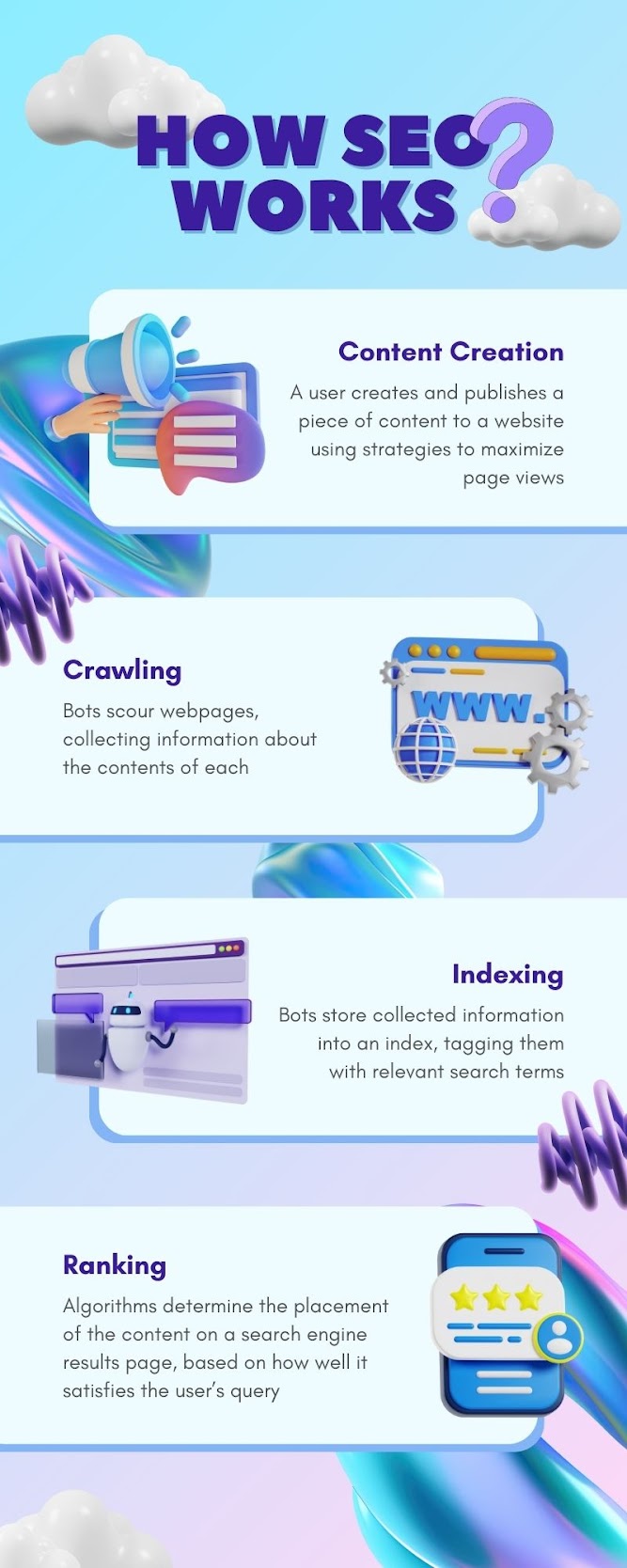How important is SEO to your website?
Search Engine Optimization (SEO) is crucial for any website that wants to rank high on search engine results pages (SERPs). SEO is the process of optimizing a website to improve its visibility and ranking on search engines like Google, Bing, and Yahoo. The higher a website ranks on SERPs, the more likely it is to attract organic traffic, which can lead to increased brand awareness, website traffic, and sales. SEO is essential for any website that wants to succeed in today's digital landscape.
What are some ways to get advertisers on your site?
There are several ways to get advertisers on your website, including:
1. Google AdSense: Google AdSense is a popular advertising program that allows website owners to display ads on their sites. Advertisers pay Google to display their ads, and Google pays website owners a percentage of the revenue generated from clicks on those ads.
2. Direct Advertising: Direct advertising involves reaching out to potential advertisers directly and offering them ad space on your website. This approach requires more effort, but it can be more profitable than using an advertising network.
3. Affiliate Marketing: Affiliate marketing involves promoting other people's products on your website and earning a commission for each sale made through your unique affiliate link.
4. Sponsored Content: Sponsored content involves partnering with brands to create content that promotes their products or services. This approach can be lucrative, but it requires a significant investment of time and resources.
What are the advantages and disadvantages of pay-per-click (PPC) advertising and organic search engine optimization (SEO) for a small business website?
PPC advertising and organic SEO both have their advantages and disadvantages for small business websites.
Advantages of PPC Advertising
1. Immediate Results: PPC advertising can generate immediate results, as ads can be launched quickly and start generating traffic and leads right away.
2. Targeted Advertising: PPC advertising allows businesses to target specific audiences based on demographics, interests, and search terms.
3. Measurable Results: PPC advertising provides detailed analytics that allow businesses to track the performance of their ads and adjust their campaigns accordingly.
Disadvantages of PPC Advertising
1. Cost: PPC advertising can be expensive, especially for small businesses with limited budgets.
2. Competition: PPC advertising is highly competitive, and businesses may need to bid high to secure ad space for their target keywords.
3. Limited Reach: PPC advertising only reaches users who click on ads, which may not be the most effective way to reach a broader audience.
Advantages of Organic SEO
1. Long-Term Results: Organic SEO can generate long-term results, as high-quality content and backlinks can continue to drive traffic and leads over time.
2. Cost-Effective: Organic SEO is generally more cost-effective than PPC advertising, as it does not require ongoing ad spend.
3. Credibility: Organic SEO can help establish a business as an authority in its industry, which can increase credibility and trust among potential customers.
Disadvantages of Organic SEO
1. Slow Results: Organic SEO can take time to generate results, as it requires ongoing effort to create high-quality content and build backlinks.
2. Algorithm Changes: Search engine algorithms are constantly changing, which can impact a website's ranking and require ongoing adjustments to SEO strategies.
3. Limited Control: Organic SEO relies on search engines to rank a website, which means businesses have limited control over their ranking and visibility.
How do you maximize your return on investment using online marketing?
To maximize return on investment (ROI) using online marketing, businesses should:
1. Set Clear Goals: Define clear goals for online marketing campaigns, such as increasing website traffic, generating leads, or increasing sales.
2. Target the Right Audience: Identify the target audience for online marketing campaigns and tailor messaging and content to their needs and interests.
3. Use Multiple Channels: Use multiple online marketing channels, such as social media, email marketing, and content marketing, to reach a broader audience and increase visibility.
4. Track and Analyze Results: Use analytics tools to track the performance of online marketing campaigns and adjust strategies based on data and insights.
5. Continuously Optimize: Continuously optimize online marketing campaigns based on performance data and insights to improve ROI over time.
SEO is crucial for any website that wants to succeed in today's digital landscape. There are several ways to get advertisers on a website, including Google AdSense, direct advertising, affiliate marketing, and sponsored content. Both PPC advertising and organic SEO have their advantages and disadvantages for small business websites, and businesses should carefully consider their goals and budget when choosing between the two. To maximize ROI using online marketing, businesses should set clear goals, target the right audience, use multiple channels, track and analyze results, and continuously optimize their campaigns.







0 Comments